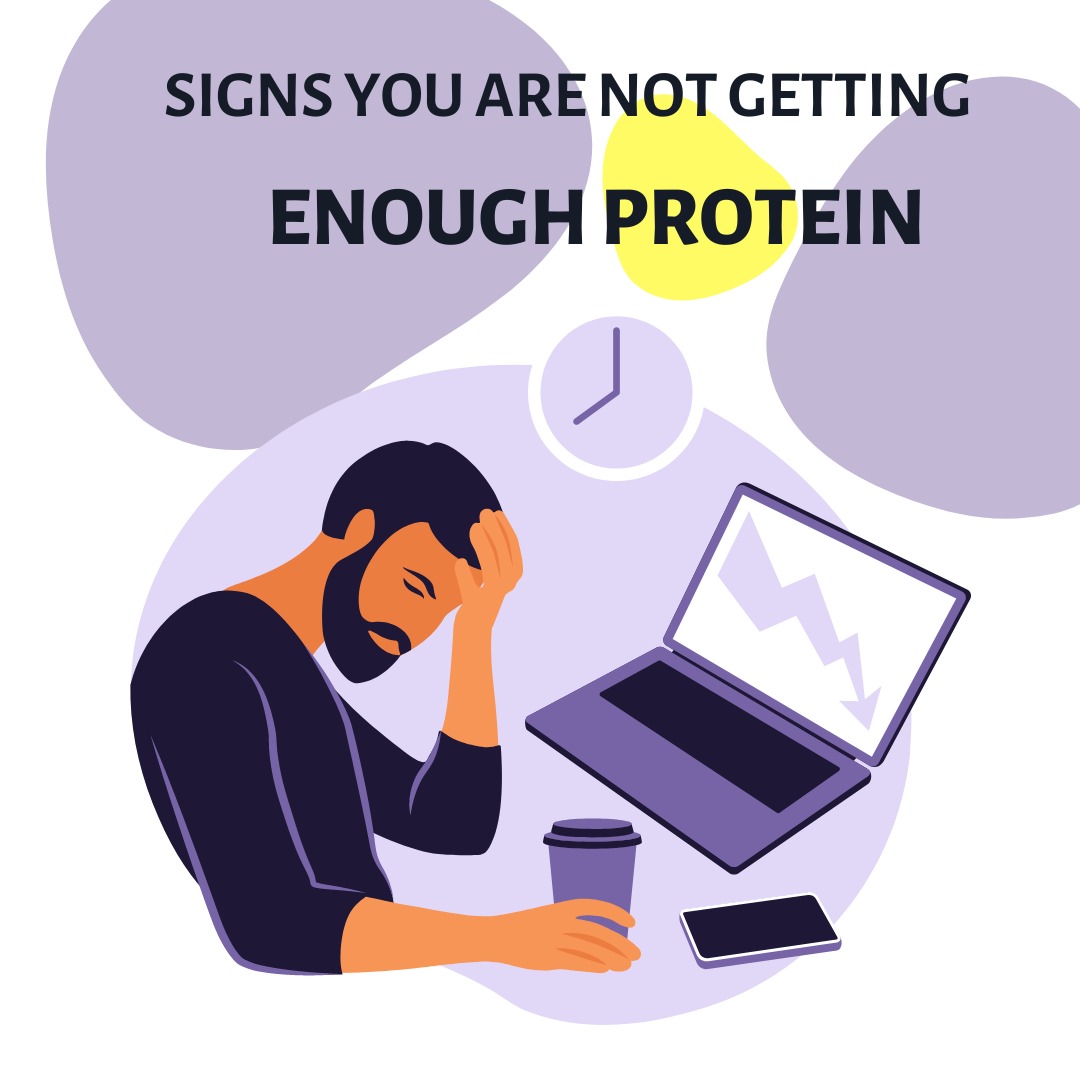Protein is a vital macronutrient essential for numerous bodily functions, including muscle repair, immune support, hormone production, and the formation of enzymes. When a person doesn’t consume enough protein, the body may exhibit several signs of deficiency. Recognizing these signs early can help prevent long-term health consequences.
Muscle Loss and Weakness: One of the most noticeable signs of protein deficiency is muscle wasting or loss of muscle mass. Protein is essential for building and maintaining muscle tissue, and when the body lacks adequate protein, it starts breaking down muscle to compensate. This leads to muscle weakness, decreased strength, and a higher risk of injuries, particularly in older adults.
Edema (Swelling): Protein plays a critical role in maintaining fluid balance in the body. A deficiency in protein can cause a condition called edema, which is characterized by swelling, particularly in the legs, feet, and ankles. This occurs because low protein levels reduce the ability of the body to keep fluid inside the blood vessels, leading to fluid leakage into surrounding tissues.
Hair, Skin, and Nail Problems: Protein is essential for the production of keratin, the primary structural component of hair, skin, and nails. In cases of protein deficiency, individuals may experience brittle or thinning hair, dry and flaky skin, and weak, ridged, or easily breakable nails. Hair loss, in particular, is a common symptom of inadequate protein intake.
Frequent Infections: Protein is crucial for a healthy immune system. It helps produce antibodies and immune cells that protect the body from infections. When protein intake is insufficient, the immune response weakens, making a person more prone to infections, such as colds, flu, and other illnesses. Frequent or prolonged illnesses may be a sign that the body isn’t getting enough protein to maintain strong immunity.
Fatigue and Low Energy: Chronic fatigue and low energy levels can be a result of protein deficiency. Protein helps stabilize blood sugar levels and provides the body with a sustained source of energy. Without enough protein, energy levels can dip, leading to feelings of lethargy and mental fogginess.
Slow Wound Healing: Protein is needed for tissue repair and regeneration. A lack of protein can slow down the body’s ability to heal wounds, cuts, or injuries. People with protein deficiency may notice that their wounds take longer to close and heal properly.
Conclusion
Protein deficiency can manifest in various ways, from muscle loss and fatigue to hair loss and frequent infections. Ensuring adequate protein intake is essential for maintaining overall health and preventing these symptoms.


